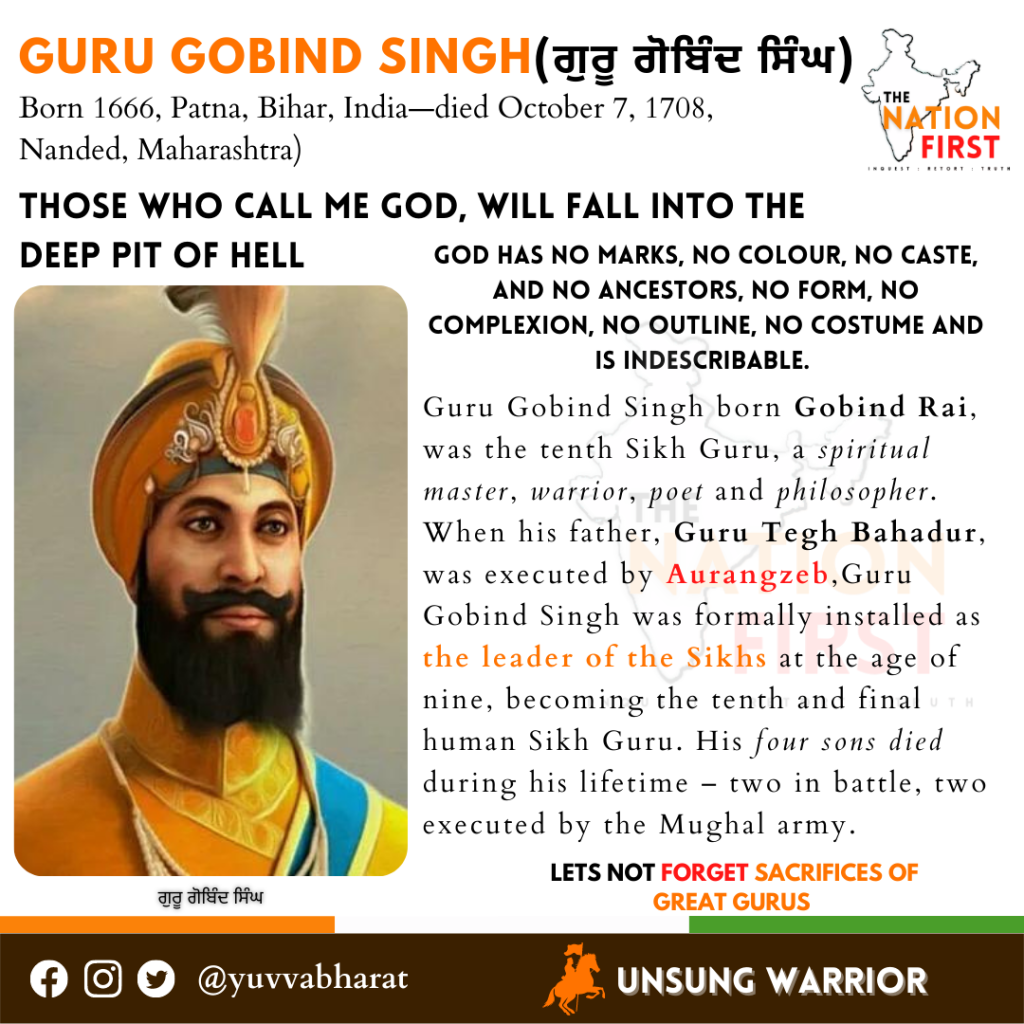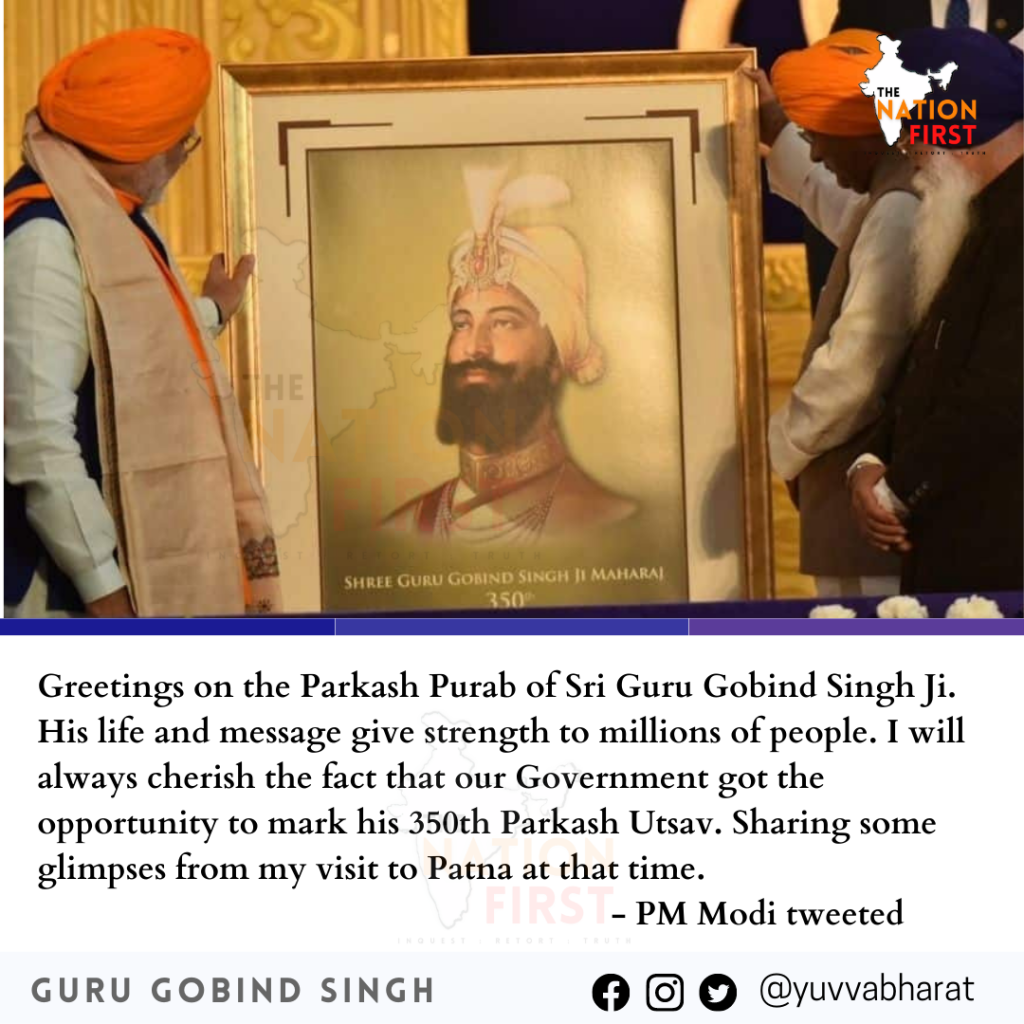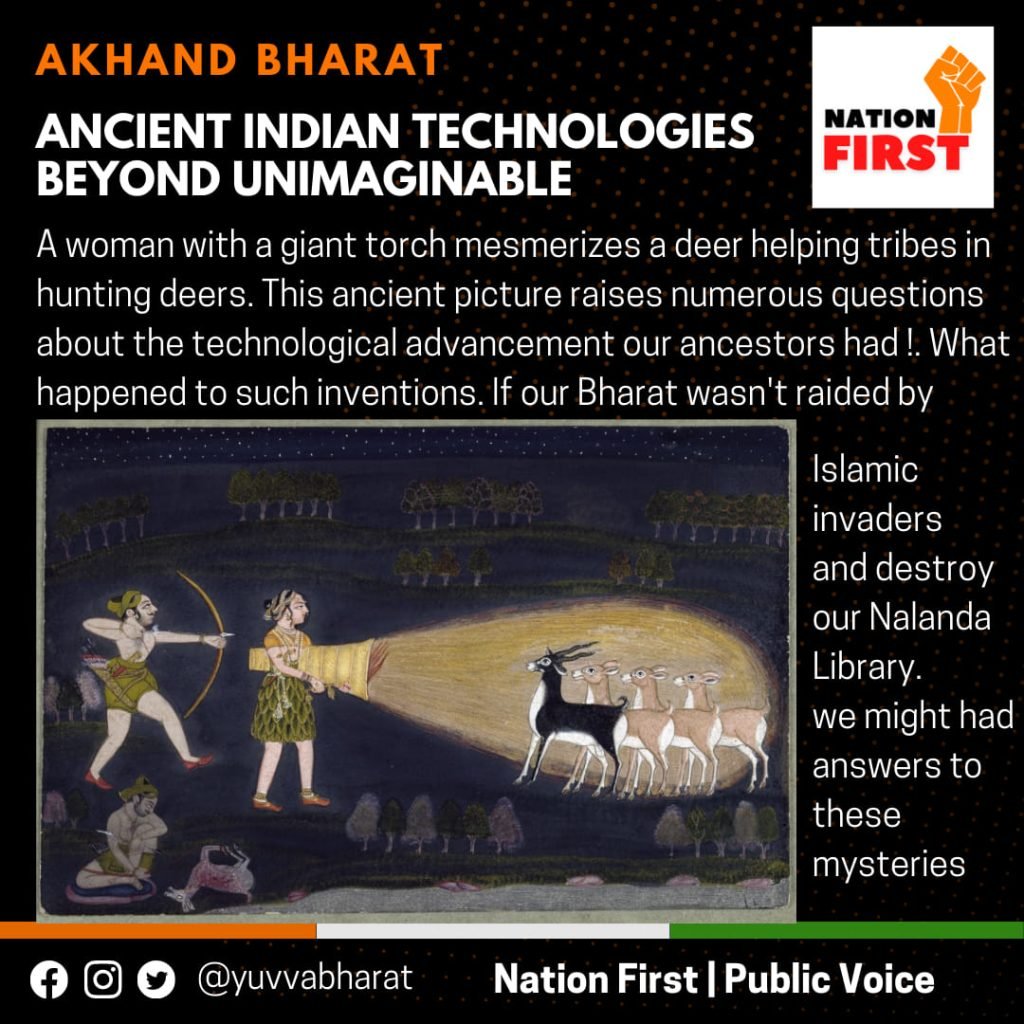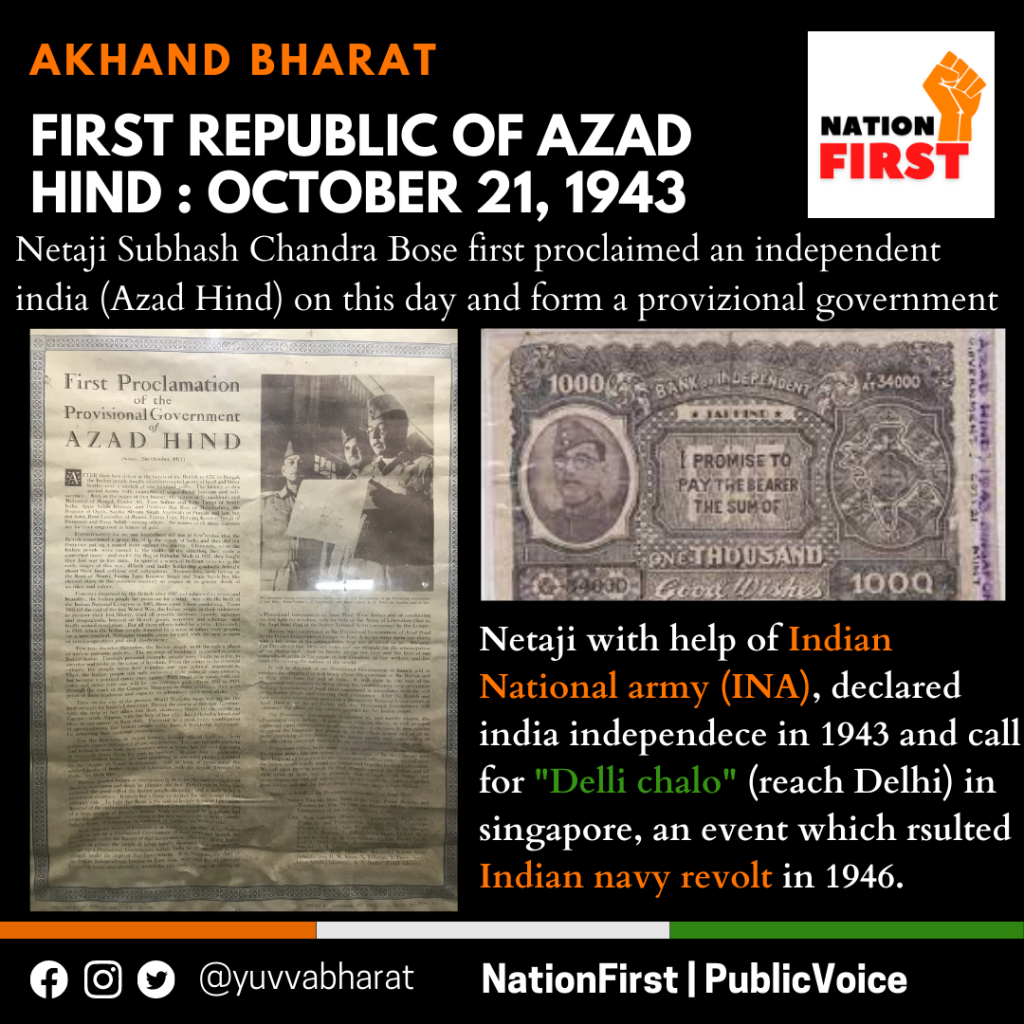Guru Gobind Singh Ji (Gurmukhi: ਗੁਰੂ ਗੋਬਿੰਦ ਸਿੰਘ) (January 5, 16671 – 21 October, 1708), born “Gobind Rai” at Patna Sahib, Bihar, India, was the tenth and last of the human form Gurus of Sikhism. He became Guru on November 24, 1675 at the age of nine, following the martyrdom of his father, the ninth Guru, Guru Tegh Bahadur Ji.
A divine messenger, a warrior, a poet, and a philosopher, Guru Gobind Singh Ji molded the Sikh religion into its present shape, with the institution of the Khalsa fraternity, and the completion of the sacred scripture, the Guru Granth Sahib Ji, in the final form that we find today. Before leaving his mortal body in 1708, Guru Gobind Singh decreed the Guru Granth Sahib Ji as the next and perpetual Guru of the Sikhs.
It may not be out of context to consider that throughout the chronicles of human history, there has been no individual who lived a life more inspirational than Guru Gobind Singh Ji. He is variously revered as Sarbans Dani (the merciful donor, who sacrificed his all), Mard Agamra (man without any parallels), Shah-e-Shahenshah (emperor of emperors), Bar do Alam Shah (ruler of both worlds), amongst others.
“If we consider the work which (Guru) Gobind (Singh) accomplished, both in reforming his religion and instituting a new code of law for his followers, his personal bravery under all circumstances; his persevering endurance amidst difficulties, which would have disheartened others and overwhelmed them in inextricable distress, and lastly his final victory over his powerful enemies by the very men who had previously forsaken him, we need not be surprised that the Sikhs venerate his memory. He was undoubtedly a great man.”
It is said that after the martyrdom of his father, Guru Tegh Bahadur, the tenth Master declared that he would create such a Panth (community/society), which would challenge the tyrant rulers in every walk of life to restore justice, equality and peace for all of mankind. Via institution of the Khalsa in 1699, Guru Gobind Singh Ji infused the dual spirit of a saint and a soldier in the minds and hearts of his followers to fight oppression in order to restore righteousness (Dharma) and to uplift the down-trodden people in this world.
As a prophet, the Guru is unique. His teachings are very scientific and most suitable for all times. Unlike many other prophets he never called himself God or ‘the only son of God.’ Instead he called all people the sons of God sharing His Kingdom equally. For himself he used the word ‘slave’ or servant of God.
“Those who call me God, will fall into the deep pit of hell. Regard me as one of his slaves and have no doubt whatever about it. I am a servant of the Supreme Being; and have come to behold the wonderful drama of life.”
Extracts from Guru Gobind Singh’s writings.
“God has no marks, no colour, no caste, and no ancestors, No form, no complexion, no outline, no costume and is indescribable.
He is fearless, luminous and measureless in might. He is the king of kings, the Lord of the prophets.
He is the sovereign of the universe, gods, men and demons. The woods and dales sing the indescribable.
O Lord, none can tell Thy names. The wise count your blessings to coin your names.”

Prime Minister Narendra Modi took to Twitter on Sunday and paid rich tributes to Guru Gobind Singh on his birth anniversary. “Kartar ki saugandh hai, Nanak ki kasam hai.” “No matter how much you compliment Gobind, that is not enough. ” … Millions of congratulations on the birth anniversary of Guru Gobind Singh Ji, the father of Dashmesh,” PM Modi wrote in Punjabi.

Sharing photos of his visit to Patna last year during 350th Parkash Utsav, Modi, in another tweet, wrote: “Greetings on the Parkash Purab of Sri Guru Gobind Singh Ji. His life and message give strength to millions of people. I will always cherish the fact that our Government got the opportunity to mark his 350th Parkash Utsav. Sharing some glimpses from my visit to Patna at that time.”


